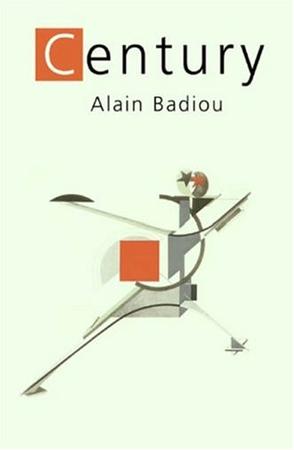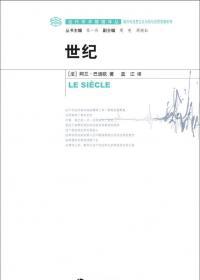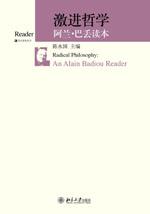Century
Alain Badiou
Everywhere, the twentieth century has been judged and condemned as the century of totalitarian terror, of utopian and criminal ideologies, of empty illusions, of genocides, of false avant-gardes, of democratic realism everywhere replaced by abstraction. It is not this book's wish to plead for an accused that is perfectly capable of defending itself without the author's help. Nor does it seek to proclaim, like Frantz, the hero of Sartre's Prisoners of Altona: 'I have taken the century on my shoulders and I have said: I will answer for it!' The Century simply aims to examine what this accursed century, from within its own unfolding, said that it was. Alain Badiou's proposal is to reopen the dossier on the century - not from the angle of those wise and sated judges that too often we claim to be, but from the standpoint of the century itself. In order to do this, The Century makes use of poems (Mandelstam, Pessoa), philosophical fragments (Sartre, Foucault), political visions (Mao), theatre pieces (Brecht, Pirandello)... This is the material through which the century declares, in thought, its life, its drama, its creations, its passion. Against the grain of all the judgments hitherto pronounced on the century, Badiou argues that this passion was not at all the passion for the imaginary or the passion for ideologies. Even less was it a messianic passion. The terrible passion of the twentieth century was - in contradistinction to the prophetic character of the nineteenth century - the passion for the real. It was a question of activating the True, here and now. This translation features a commentary and notes by Alberto Toscano.


